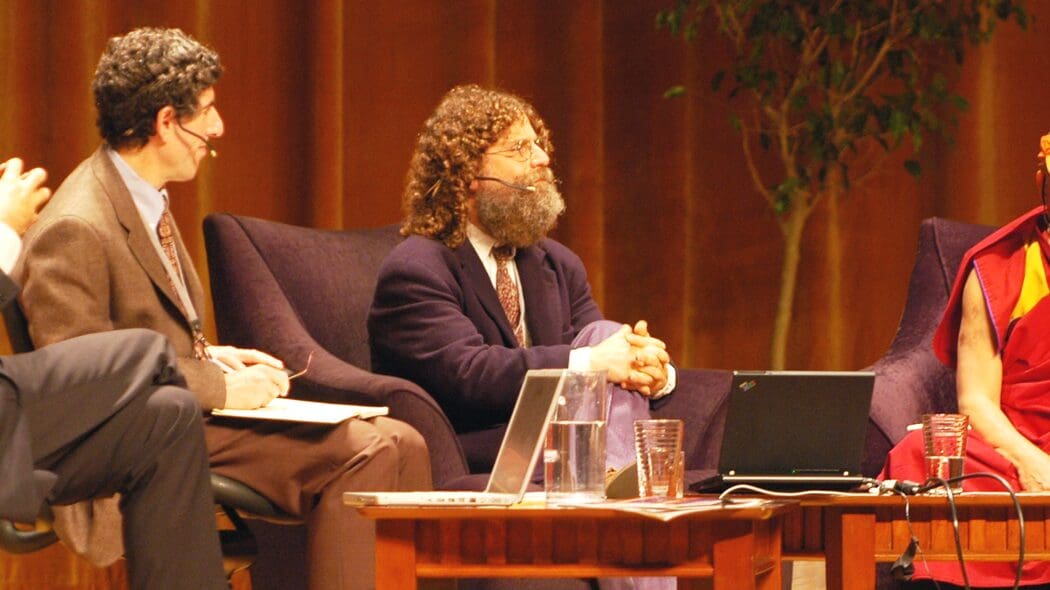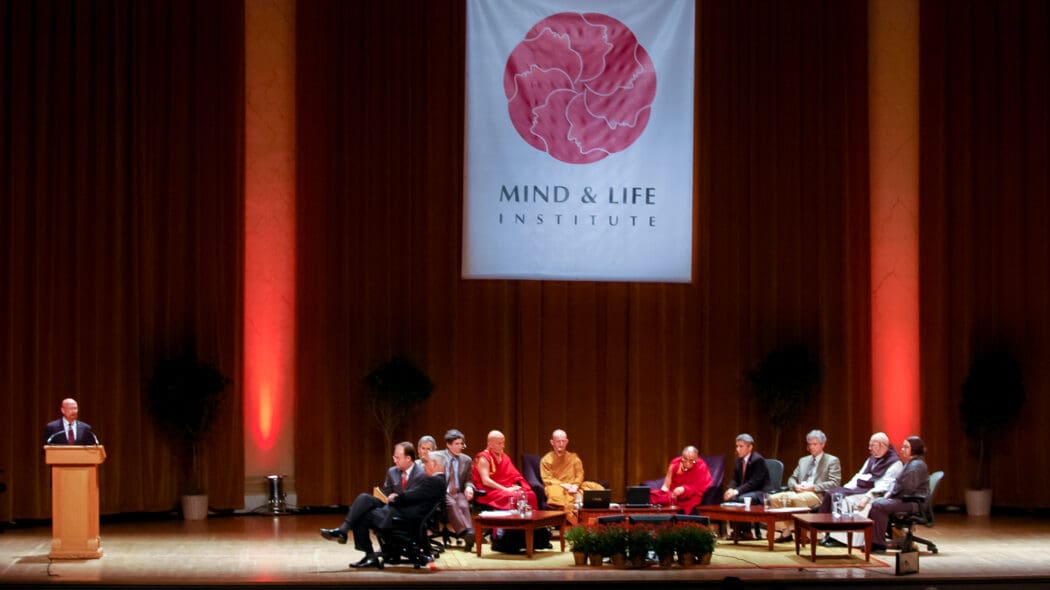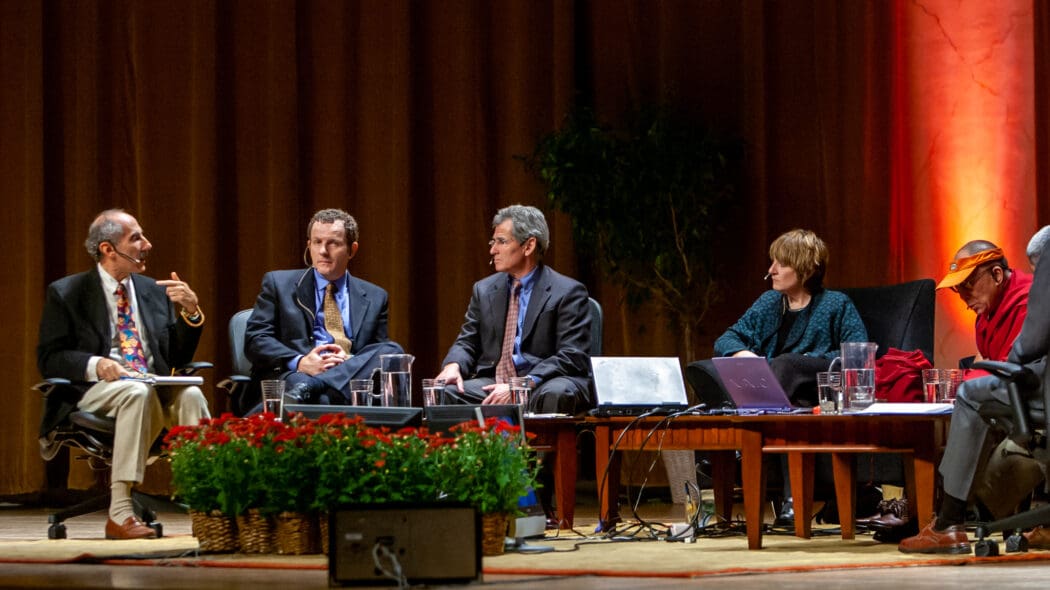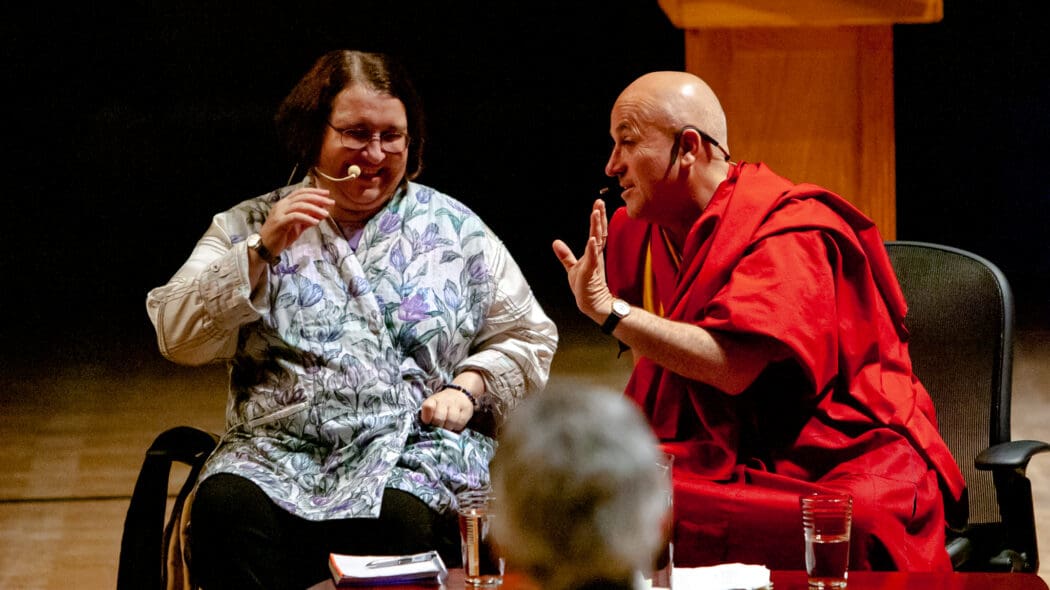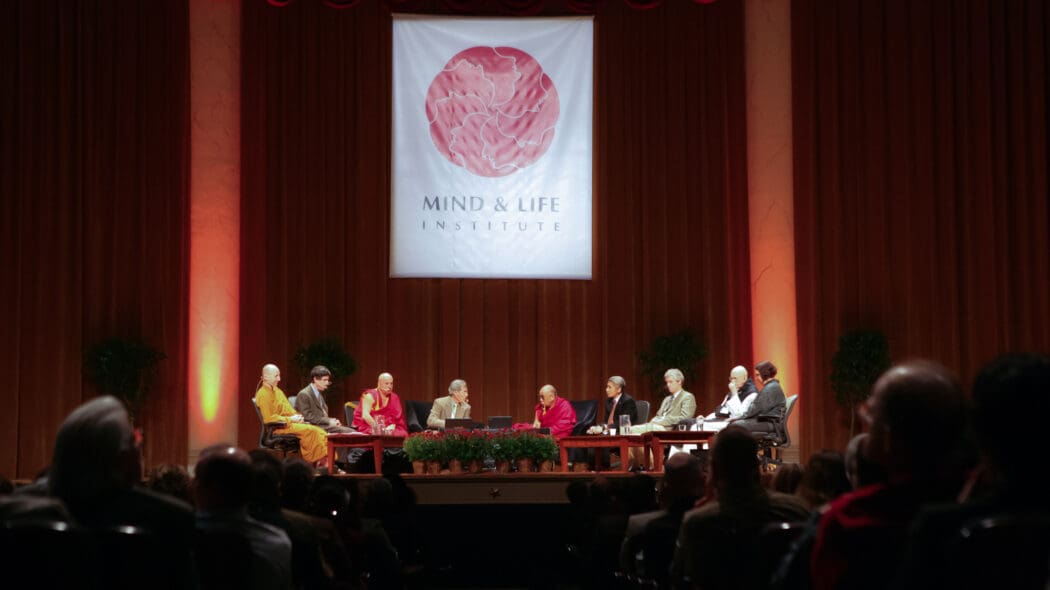Investigating the Mind
2005|Dialogue 13|Dar Constitution Hall, Washington, DC
Investigating the Mind
The Science and Clinical Applications of Meditation
Though still in the early stages, there have been efforts to scientifically study the clinical application of meditative practices as well as the physiological effects of meditation in both novice and advanced practitioners. This Dialogue is a further opportunity for some of the scientists who have contributed most to this field to present their approaches to the Dalai Lama and a panel of other scientists and contemplatives. This exchange will also provide an opportunity for scientists whose basic research is focused on mind-brain-body interaction to learn more about meditation and to contribute to an ongoing dialogue about the mechanisms by which meditation may be affecting our physical and mental health.
Dialogue Sessions
Participants
Honorary Board Chair
- His Holiness the Dalai Lama
Interpreters
- Thupten Jinpa, PhD
- B. Alan Wallace, PhD
Moderators
- Matthieu Ricard, PhD
- Richard J. Davidson, PhD
- Jon Kabat-Zinn, PhD
- Esther M. Sternberg, M.D.
- Bennett M. Shapiro, M.D.
Speakers and Panelists
- His Holiness the 14th Dalai Lama
- Ajahn Amaro, B.Sc.
- Richard J. Davidson, PhD
- Jon Kabat-Zinn, PhD
- Thomas Keating, OCSO
- Sharon Salzberg, R.N.
- Robert M. Sapolsky, PhD
- Wolf Singer, M.D., PhD
- Esther M Sternberg, M.D.
- Helen S. Mayberg, M.D.
- Zindel V. Segal, PhD
- Jan Chozen Bays, M.D.
- Jack Kornfield, PhD
- John D. Teasdale, PhD
- David S. Sheps, M.D.
- John F. Sheridan, PhD
- Margaret E. Kemeny, PhD
- Wolf Singer, M.D., PhD
- Ralph Snyderman, M.D.

